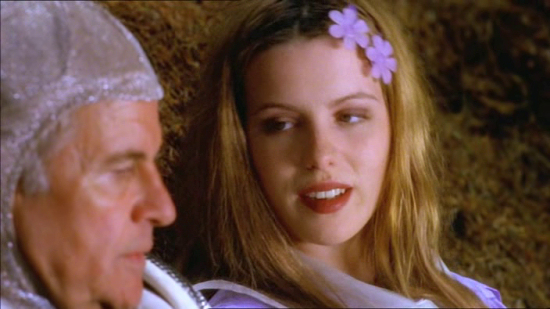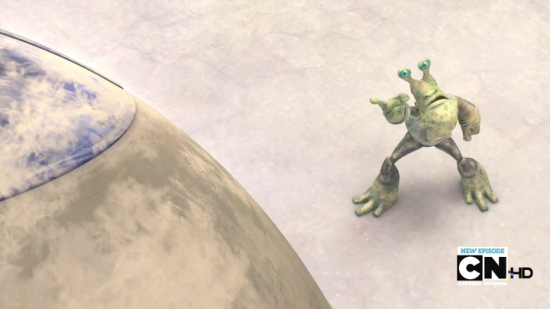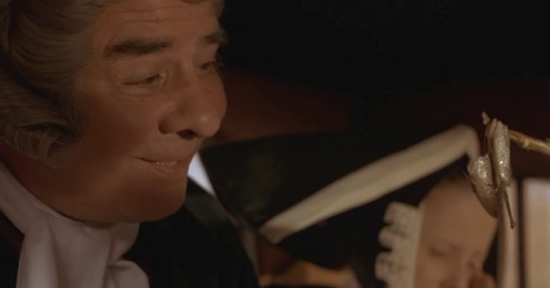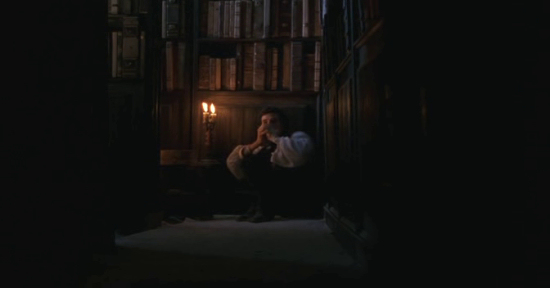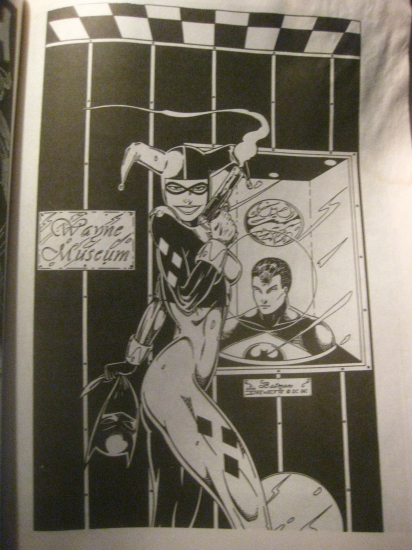I spent most of yesterday driving around--the gauge in my car said it was 107° outside. As I got closer to the sea it got down to 87°. That's how I used to spend my spare time before gasoline got so expensive--I love driving, and I love shopping malls. That's something most of my friends really can't sympathise with. I love microcosms, I think is what it is. Here's a picture from on top of Horton Plaza yesterday;

That's the convention centre at the end of the street where Comic-Con is held.
I was standing next to this;

Maybe the caption ought to read, "You're not alone. Think of all your friends at the gym." That dangerously depressed guy sure is fit. But I guess everyone is in good shape, at least at the malls I was at yesterday--University Town Centre and Horton Plaza. Less so at Horton Plaza where there are plenty of homeless folks about. At UTC I felt pretty out of place among apparently an entire population of GQ and Maxim models. The lunch I had there certainly didn't seem like it would put me on the road to that physique--I ate at an Indian place I'd never seen before, cocoanut veggie curry, sautéed eggplant with potato and onion, and white rice. It was pretty good.
The UTC food court, which Westfield seems to be rebranding as "Cafe Terraces", has an ice skating rink, which I figured was a suitably absurd thing to be in close vicinity to on a day like yesterday.
I wanted to see a movie, either World War Z or This Is the End, but I didn't want to plan out the visit so I never looked at show times before getting to my destination. I went to three malls yesterday, each with a cinema, and was almost exactly five minutes late for World War Z at each one. So I finally ended up seeing This Is the End for which I was just ten minutes early.
I wonder why no-one's managed to make another Ghostbusters. The attempt has been made often enough but no-one's yet managed so nice a combination of contemporary comedy and fantasy. This Is the End along with Shaun of the Dead may be the closest anyone's managed.
The thing about Ghostbusters is that it's not ironic. The characters know the threat is quite serious and the ghosts, while at times cartoonist, are not caricatures of something else. The rules of the world in Ghostbusters aren't set by the comedy, the comedy happens within those rules, even as it feels spontaneous, which I imagine is very difficult to achieve.
This Is the End at times achieves this, though it deviates into irony a few times. But the decision to have the actors playing versions of themselves, and setting it within the world of Hollywood phonies, ends up helping the verisimilitude somewhat. The story between Seth Rogen and Jay Baruchel, of two friends driven apart by one's more successful career and new friends, feels about as sitcom-ish as Shaun's relationship with his girlfriend in Shaun of the Dead but like the Edgar Wright movie, Seth Rogen's film is helped tremendously by naturalistic dialogue. The characters have debates that feel like genuine patterns of thought, the best one occurring when Emma Watson is resting in the next room and the men have a conversation about rape that she overhears part of and misinterprets.
What works so well about the scene is that it's sort of an illustration of how Hollywood people and critics discuss rape. Jay starts off by awkwardly mentioning that Emma is the only girl among them and how they ought to make her feel comfortable. When Seth asks him what he's talking about, Danny McBride says the guy's talking about rape. Then they start arguing about which of them is actually scumbag enough to rape someone, at which point Emma, having heard what sounds like them deciding who gets to rape her, comes out with an ax. These phonies creating a bad situation out of nothing shows how the clueless neuroses of people debating the mechanics of artistic expression can backfire.
Danny McBride and Michael Cera are the standouts in the movie because they have the advantage of playing unabashed creeps. Cera isn't in the movie long but each scene he has as a completely degenerate womanising cokehead is funny. I loved a moment where he blows cocaine into a guy's face like pixie dust and giggles at the guy freaking out because he's never taken cocaine before.
McBride is the asshole everyone else in the movie only he's not phony about it. Jonah Hill plays a constantly cooing ego-stoker but when he's alone we hear how the person he supposedly likes best is the one he doesn't hesitate to ask God to kill. McBride, meanwhile, without compunction cooks all the rations and seems willing to kill anyone just for the fuck of it.
The last third of the film loses its way somewhat in disconnected cg action but there are still several funny moments. Not a bad movie.







